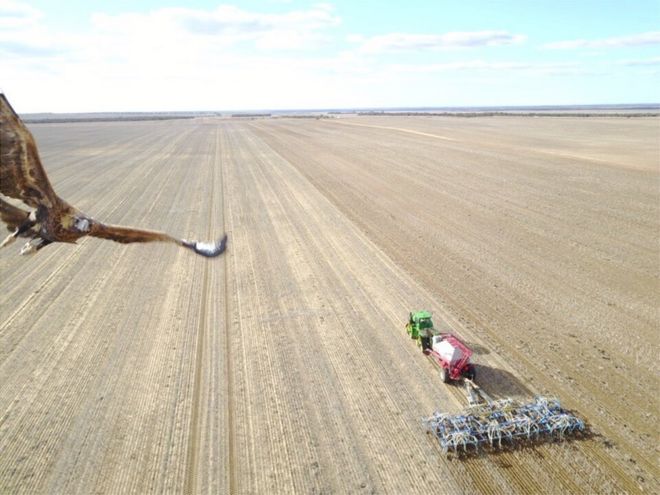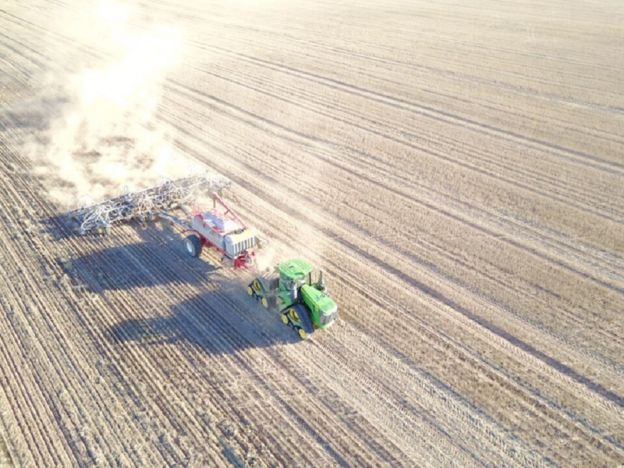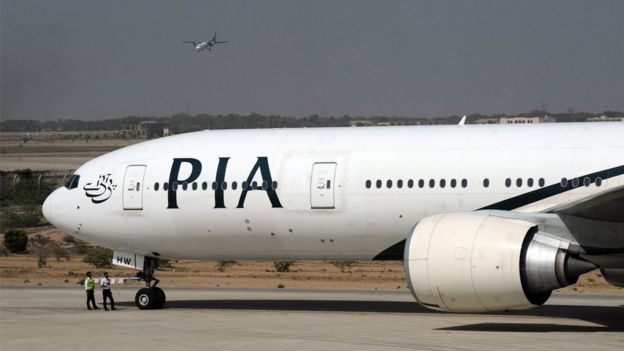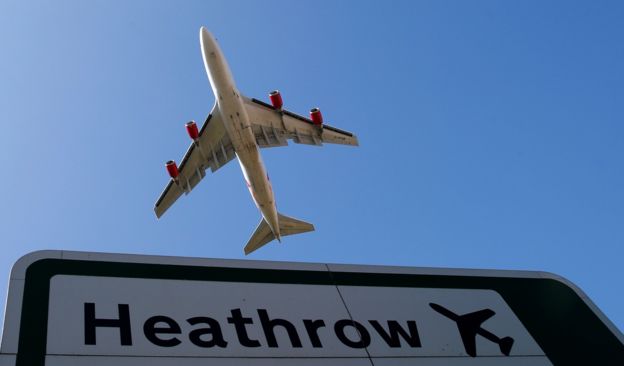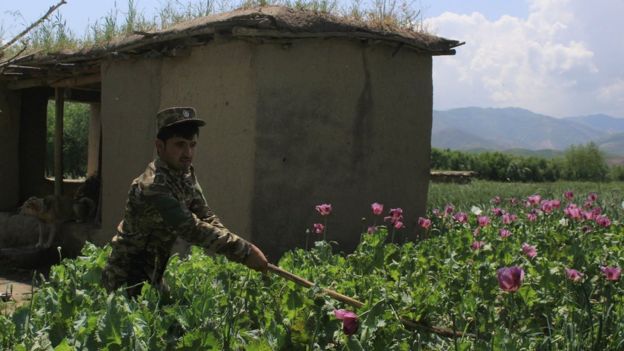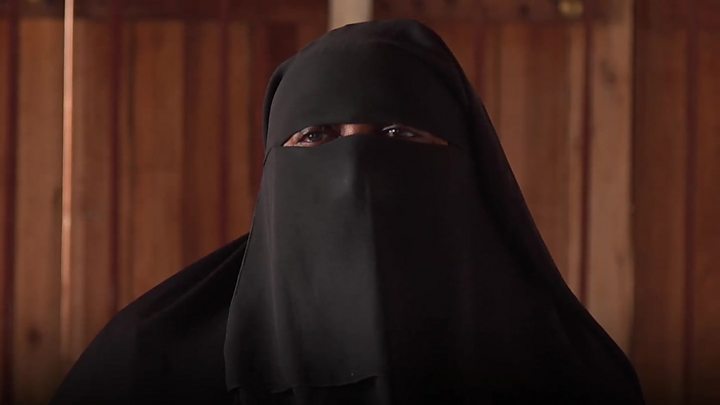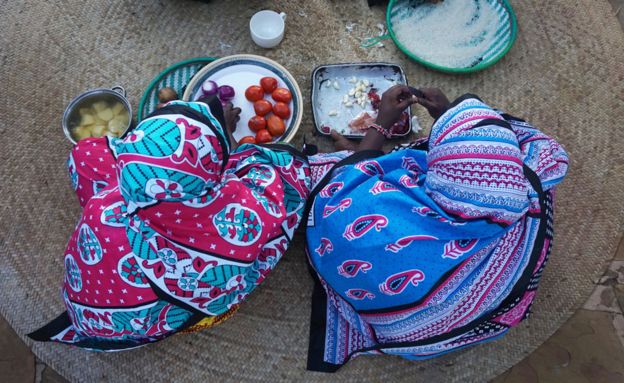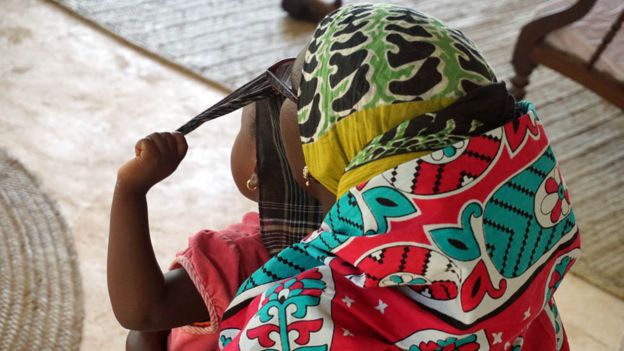Manchester attack: Chloe Rutherford and Liam Curry confirmed dead
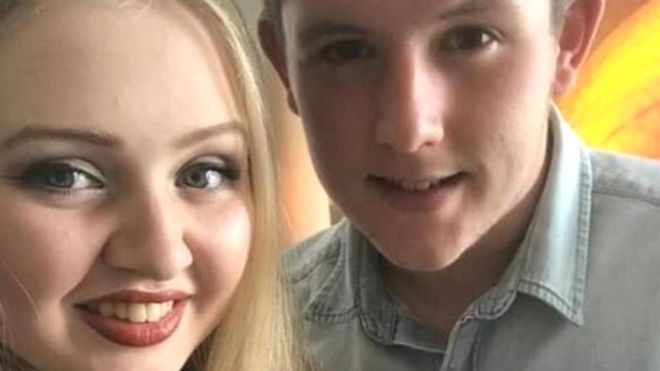 TWITTER
TWITTER
A teenage couple killed in the Manchester Arena explosion "adored each other", their families have said.
"Inseparable" Chloe Rutherford, 17, and Liam Curry, 19, from South Shields were among 22 victims killed in Monday's suicide bomb attack.
The pair were described as "perfect in every way for each other" by their relatives in a joint family tribute released through police.
"They wanted to be together forever and now they are", it added.
The statement, posted on Facebook, said the couple "lived to go to new places together and explore different cities".
Chloe described herself as "ditzy", her family said, while Liam "would do anything for [her], including dealing with Chloe's demands for chocolate".
Mr Curry's father Andrew died suddenly in March.
The Union flag above the town hall in South Shields is flying at half mast as a mark of respect for the pair and the other 20 victims of Monday's attack.
The leader of South Tyneside Council, Iain Malcolm, said the whole area was "feeling the loss and sharing the pain" with the families of the couple.
 FAMILY PHOTO
FAMILY PHOTO
He said: "Liam not so long ago undertook a 260 mile cycle ride to Paris for the Bobby Robson Foundation. Chloe was a talented actress who appeared on the stage at the Theatre Royal in Newcastle.
"This was a young couple who were doing nothing but enjoying their life and enjoying each other's company and it's just desperately, desperately sad for South Tyneside and particularly for their families.
"Chloe and Liam had so much to look forward to and were simply enjoying life at a pop concert.
"We are absolutely devastated by the tragic injuries and loss of innocent young lives in such a callous and cowardly attack."
Mr Curry, a former pupil of Gateshead College, was studying for a degree in sport and exercise science at Northumbria University.
The university, college and Mr Curry's former school, St Wilfred's RC college in South Shields, separately paid tribute to him as a conscientious student and a "fine young man".
He was very well liked and would be missed, they said.
Marsden Cricket Club, where Mr Curry was a member, said: "Liam has been part of the club from the age of just six and we have all seen him develop into an incredibly strong and mature young man, supporting his family through the loss of his father Andy earlier this year.
"He was developing into a fine cricketer and coach and was undoubtedly going to be part of our first team for many years to come.
"Chloe, like Liam, was an incredibly strong person. Quiet but not shy, she was a pleasure to be with around the club."
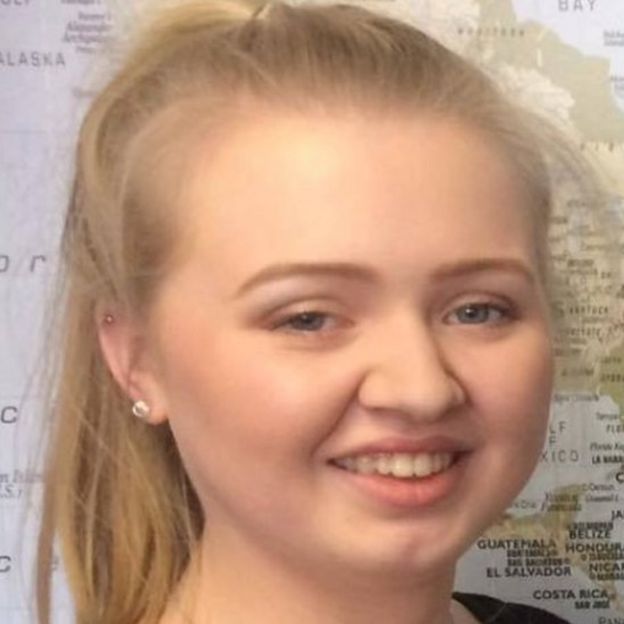 WESTOE TRAVEL
WESTOE TRAVEL
Miss Rutherford's employer, Westoe Travel in South Shields, described her as "part of the family"
A spokesman said: "This is something we will never be able to understand. When you watch these events on television you never expect them to impact on those around you.
"As a small family business, Chloe was part of our family, working part-time as she completed her college studies before starting full-time with us on 26 June to begin her travel apprenticeship.
"We loved her friendly happy personality and she was a great asset and had a great future ahead in the travel industry, which she was really looking forward to.
"Liam would meet her from work and they were a perfect loving couple.
"The families have lost two beautiful young people who were a credit to them and our thoughts and prayers go to both families at this terrible time."
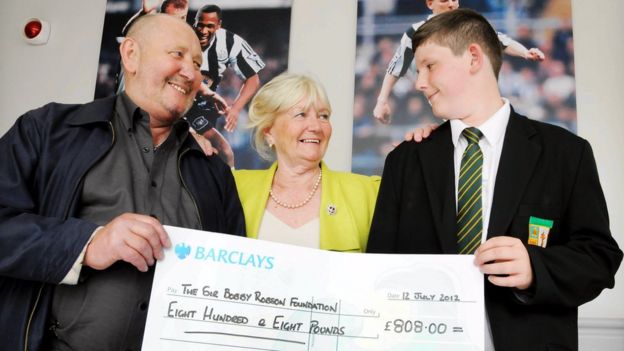 SIR BOBBY ROBSON FOUNDATION
SIR BOBBY ROBSON FOUNDATION
Staff at cancer charity the Sir Bobby Robson Foundation, for whom Liam Curry had fundraised, said they were "devastated".
"Liam was an outstanding young man and a great credit to his family," a statement said.
"At 14, he began fundraising for us after his granddad, Jack Allen, was diagnosed with cancer and he proudly completed a Coast to Coast cycle ride.
"Cruelly, his dad, Andrew Curry, was also diagnosed with cancer and died in March this year."
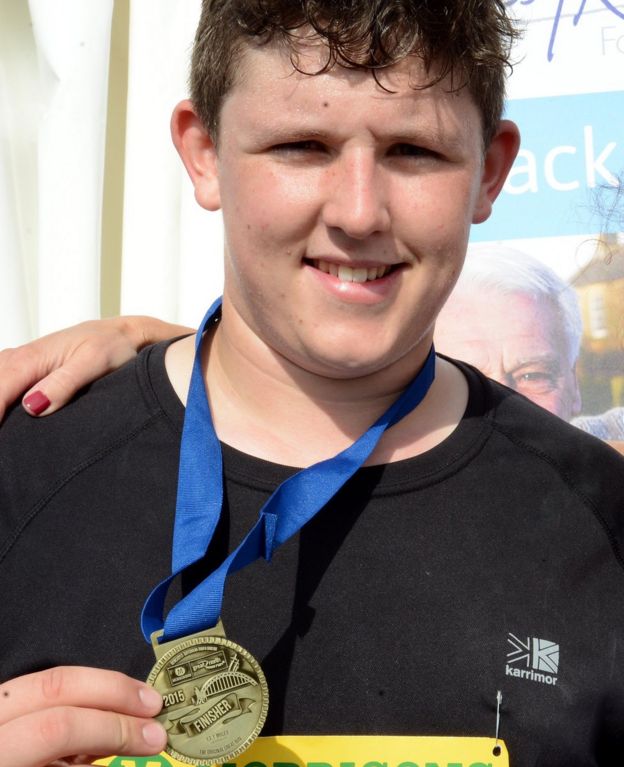 SIR BOBBY ROBSON FOUNDATION
SIR BOBBY ROBSON FOUNDATION
The foundation's statement said Liam had continued to fundraise during his father's illness, doing a 260 mile sponsored cycle ride from Calais to Paris and a Great North Run.
"No words can adequately convey feelings at a time like this," it said.
Northumberland County Council has opened a book of condolence for all victims of the attack.
SOURCE :- BBC

